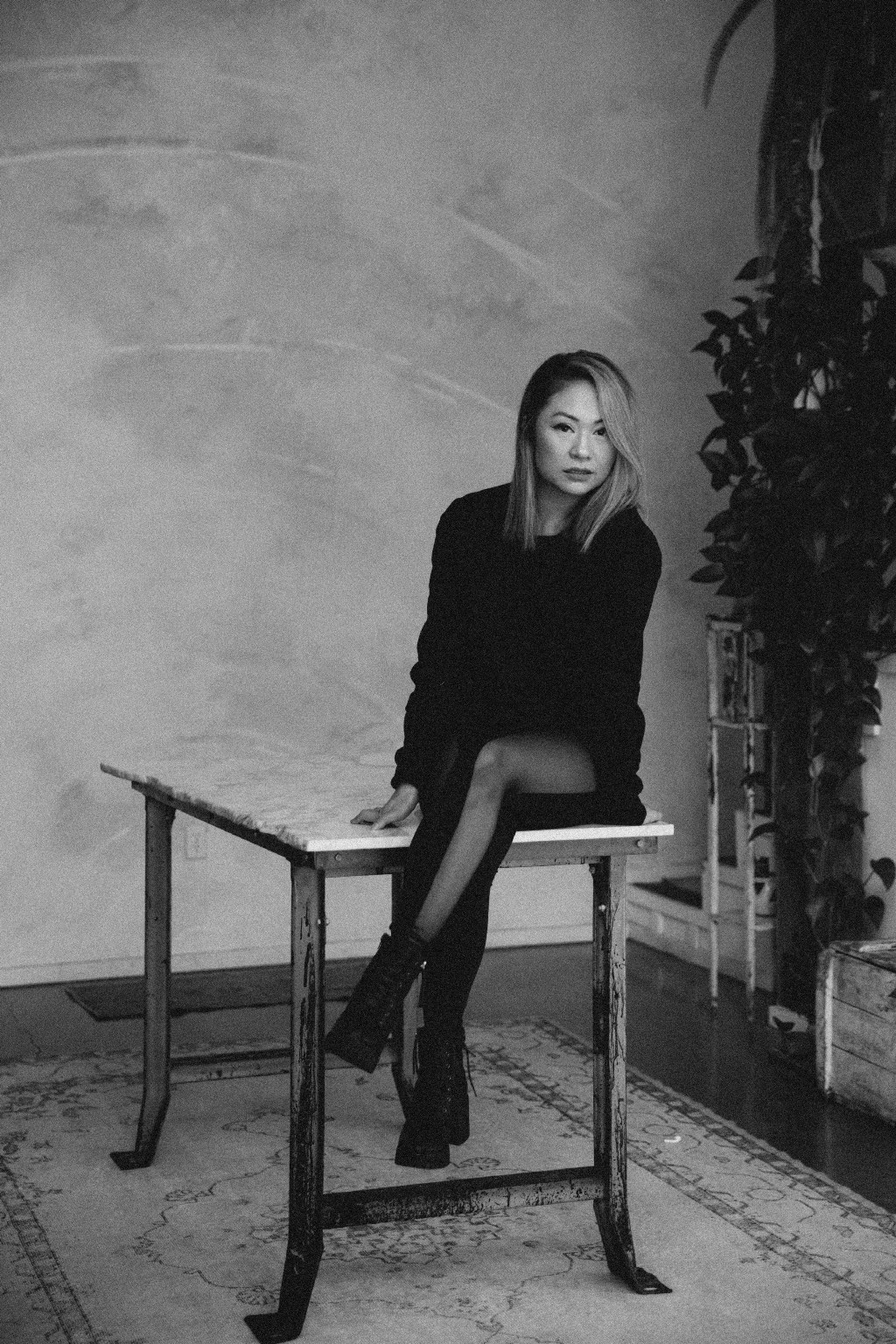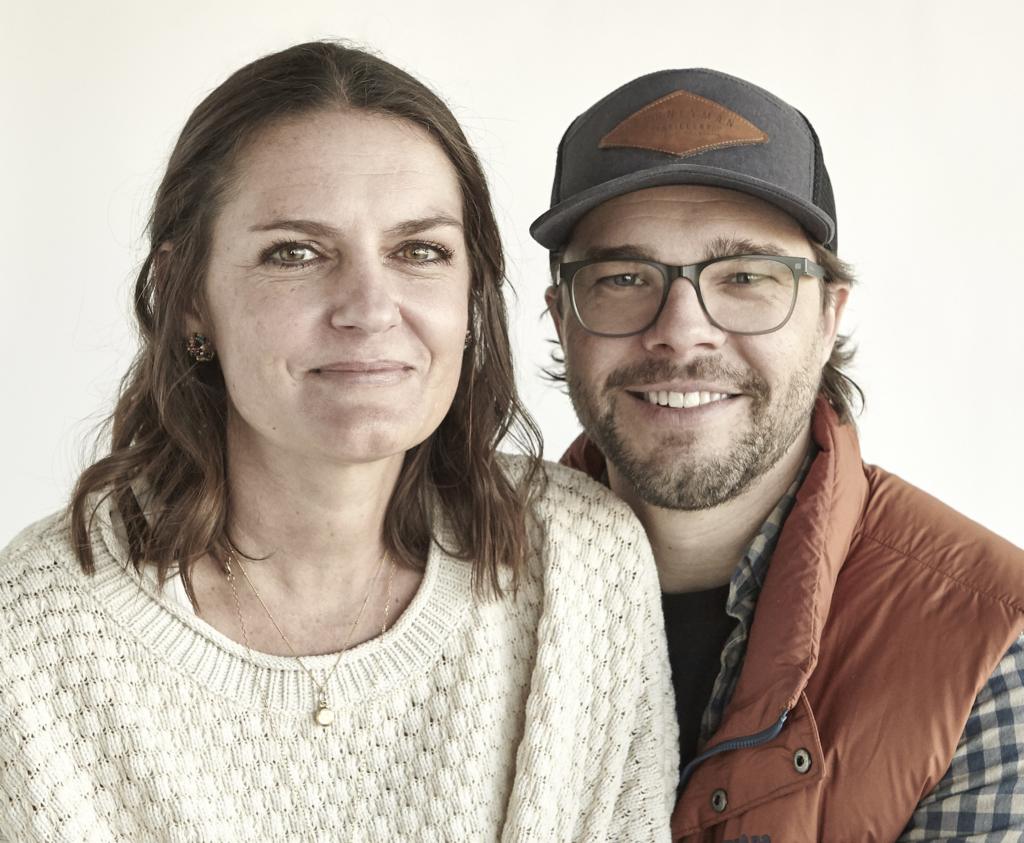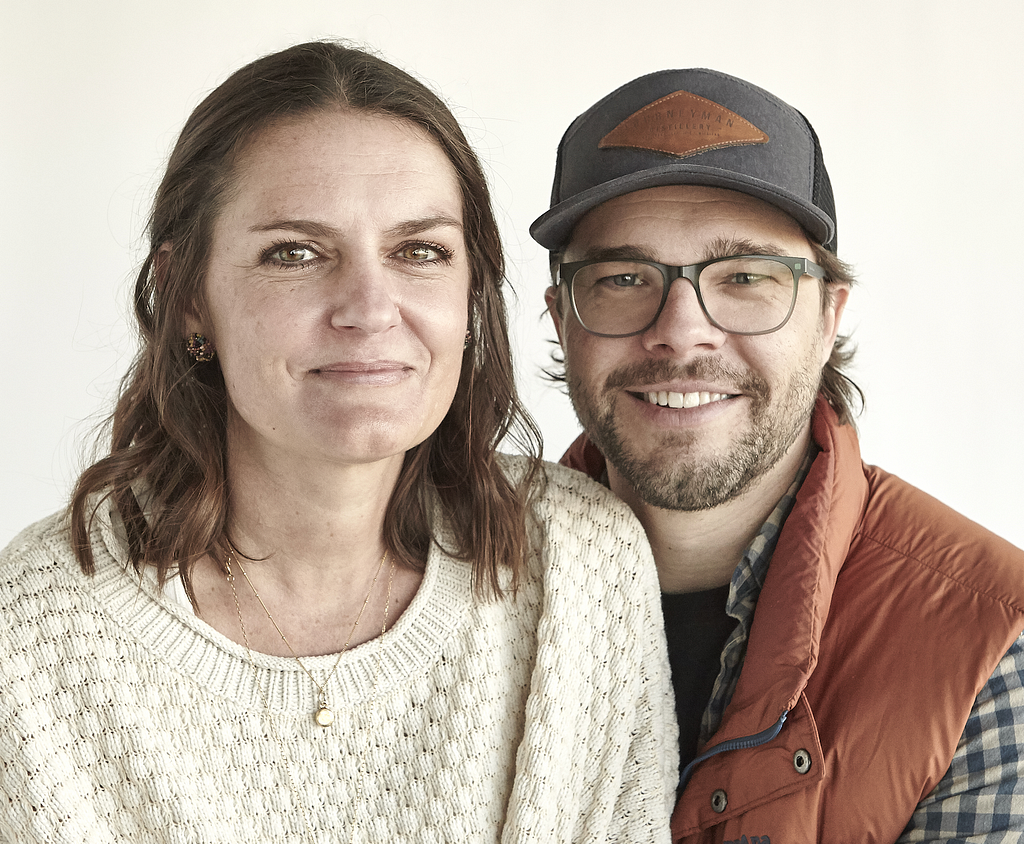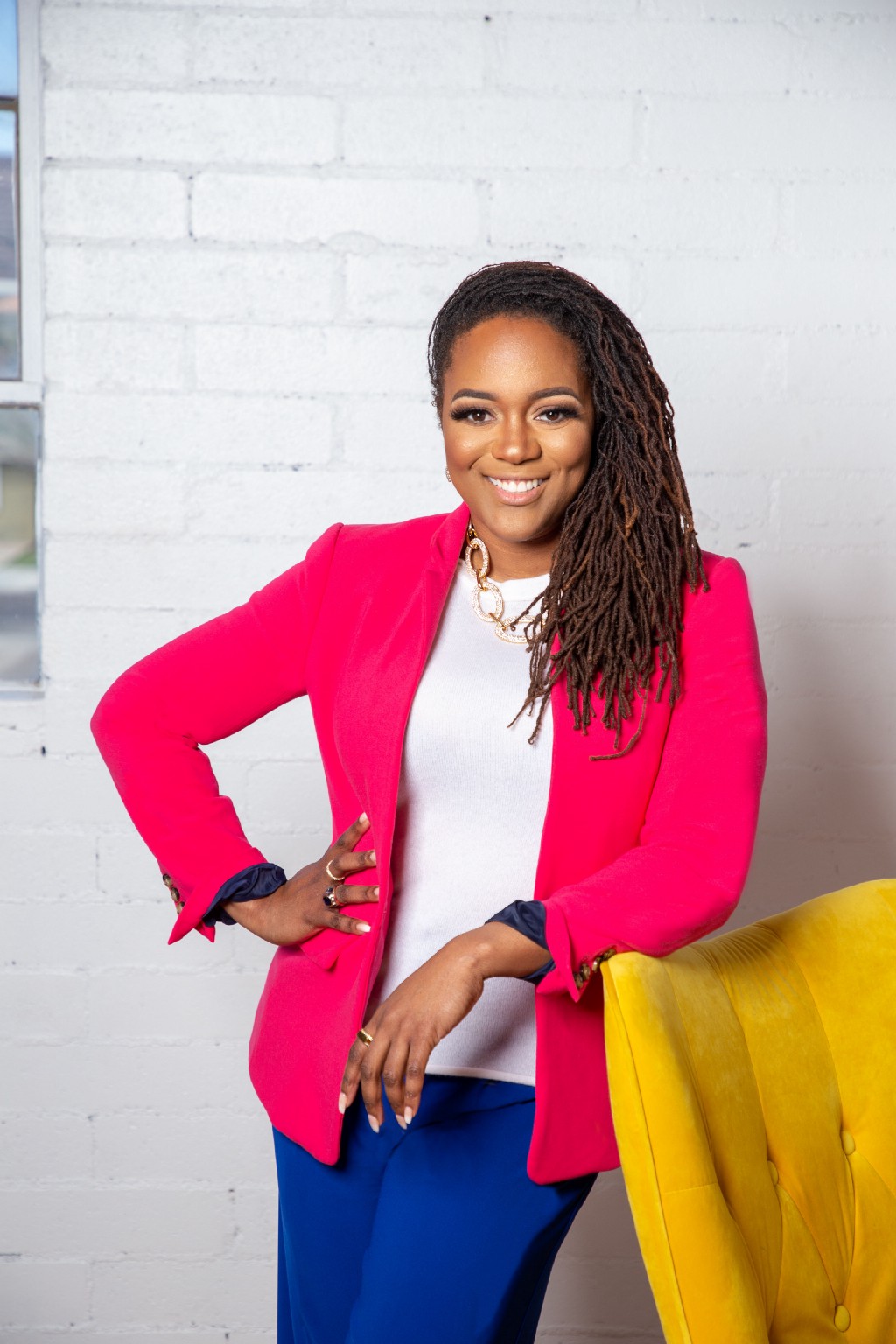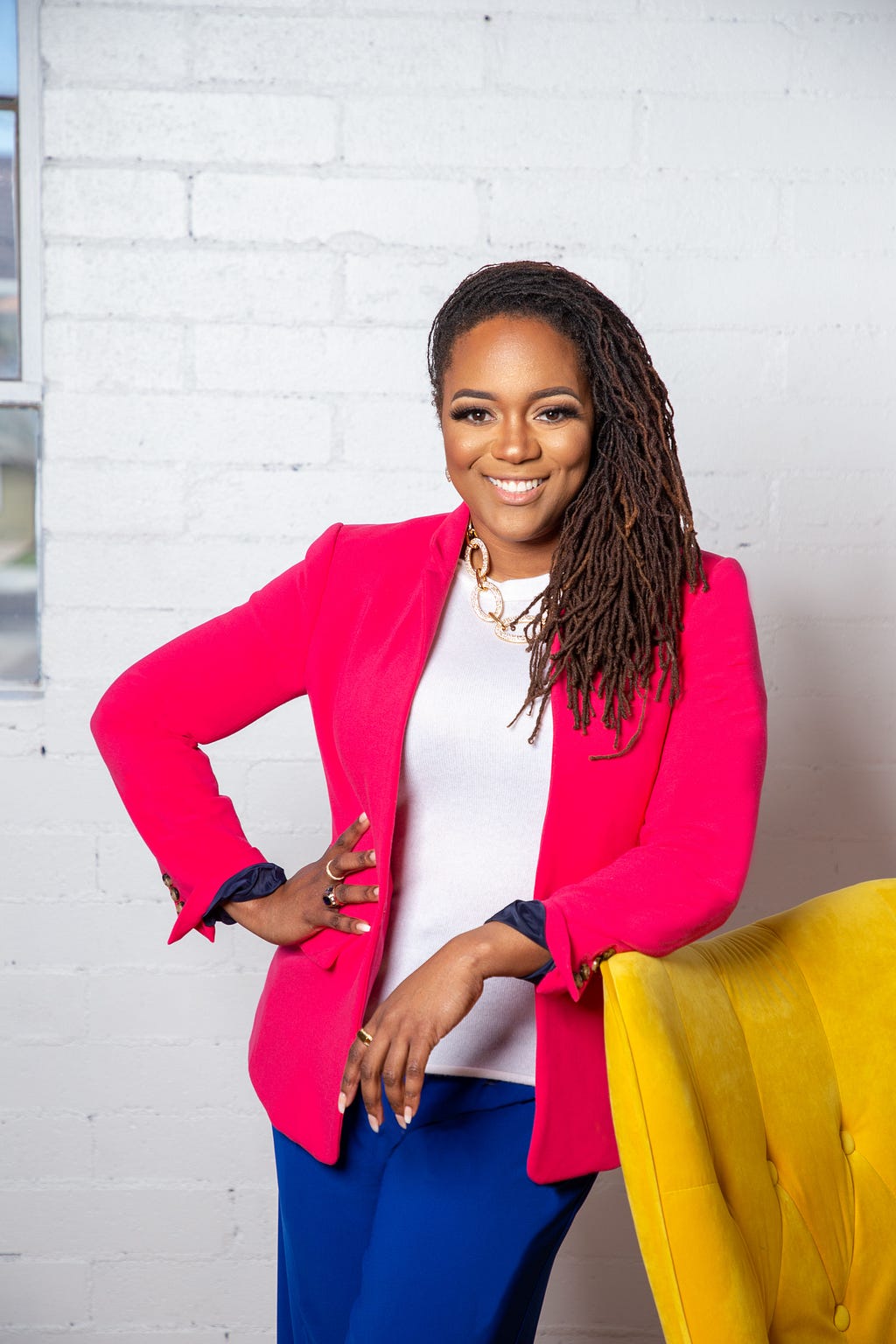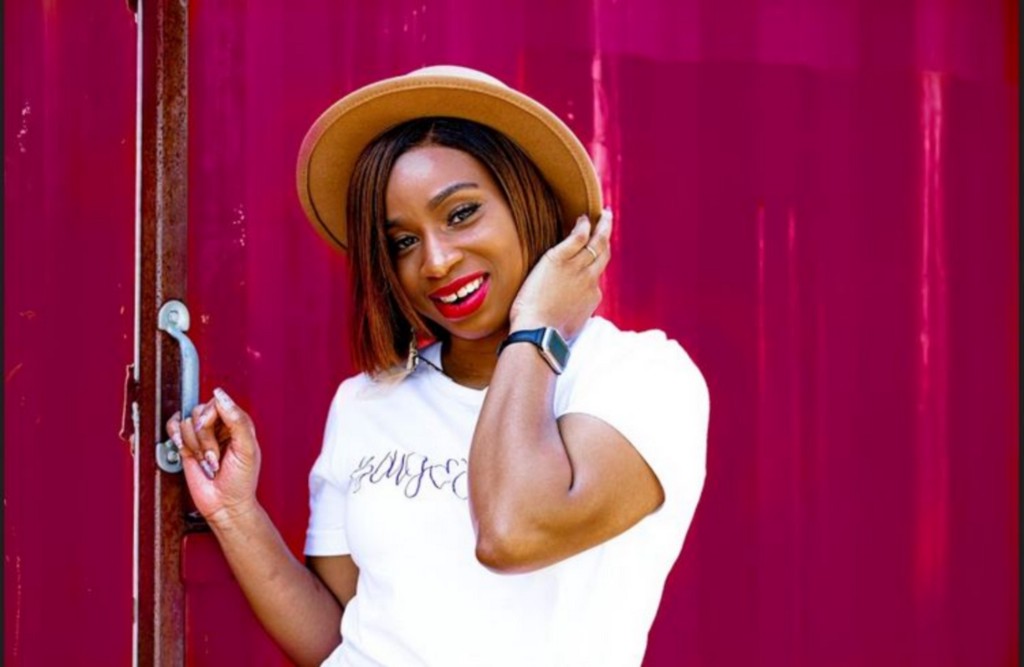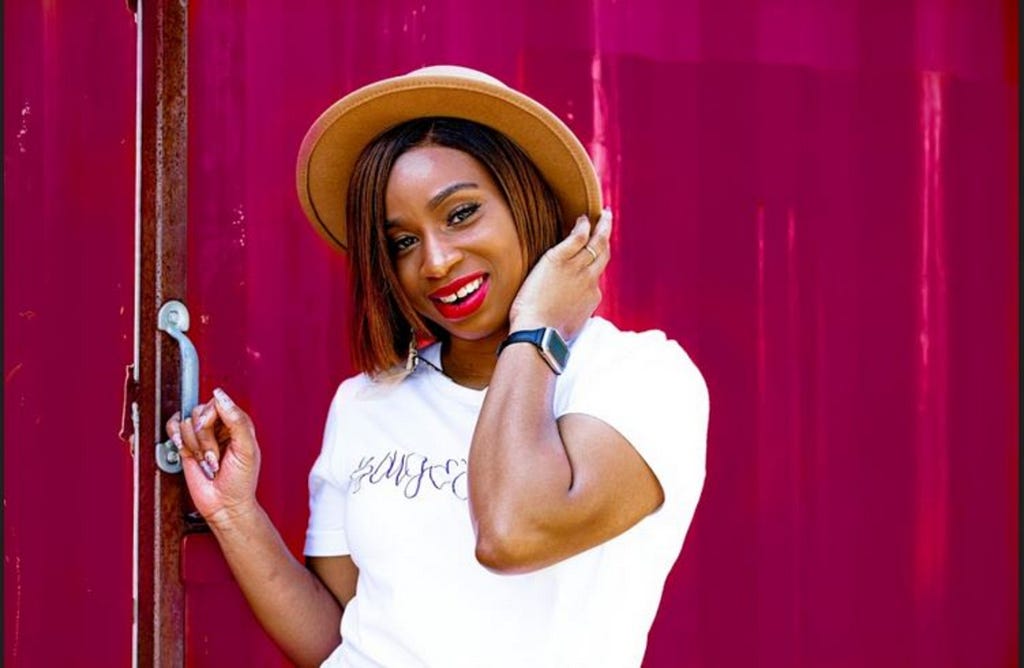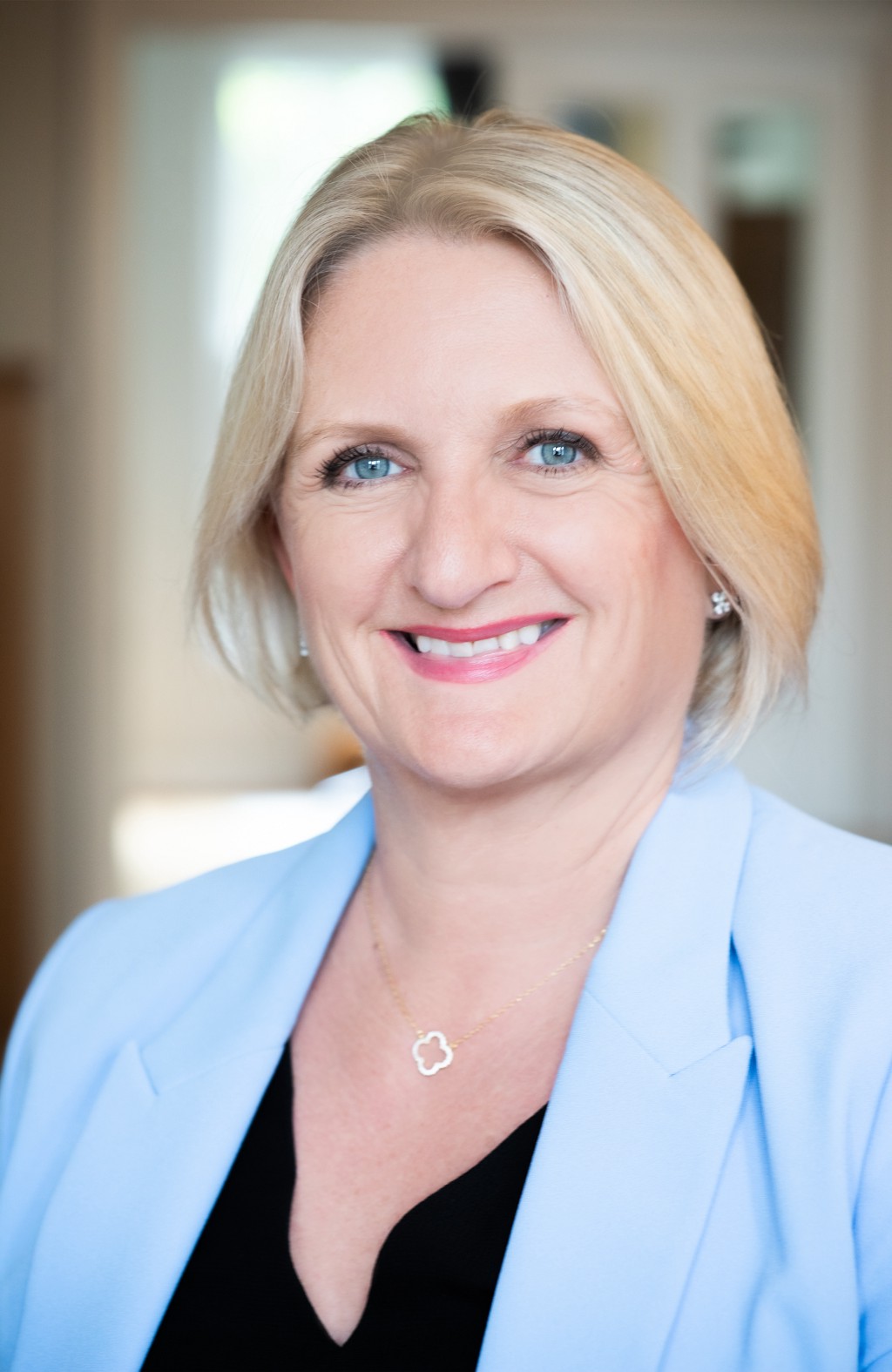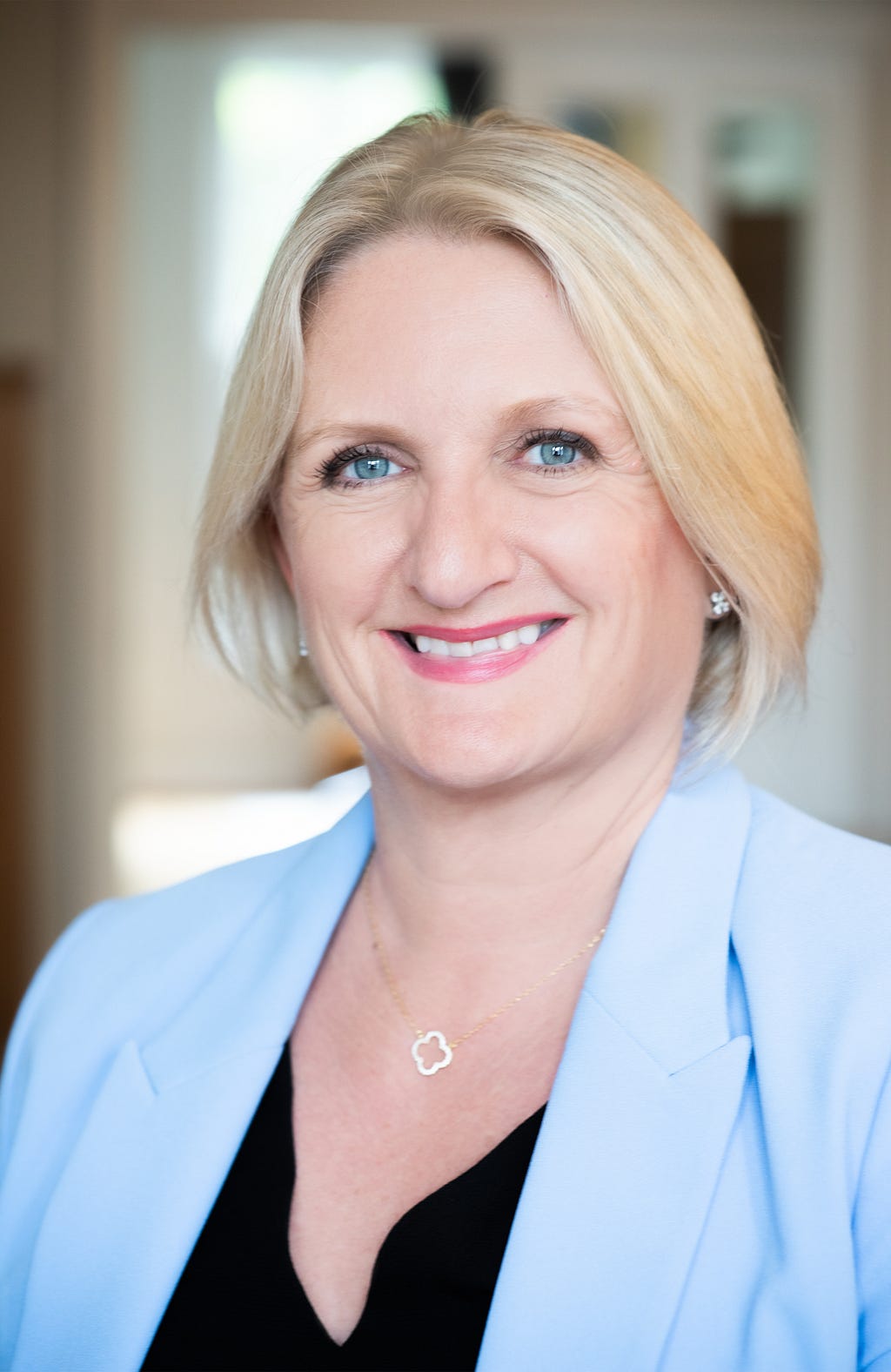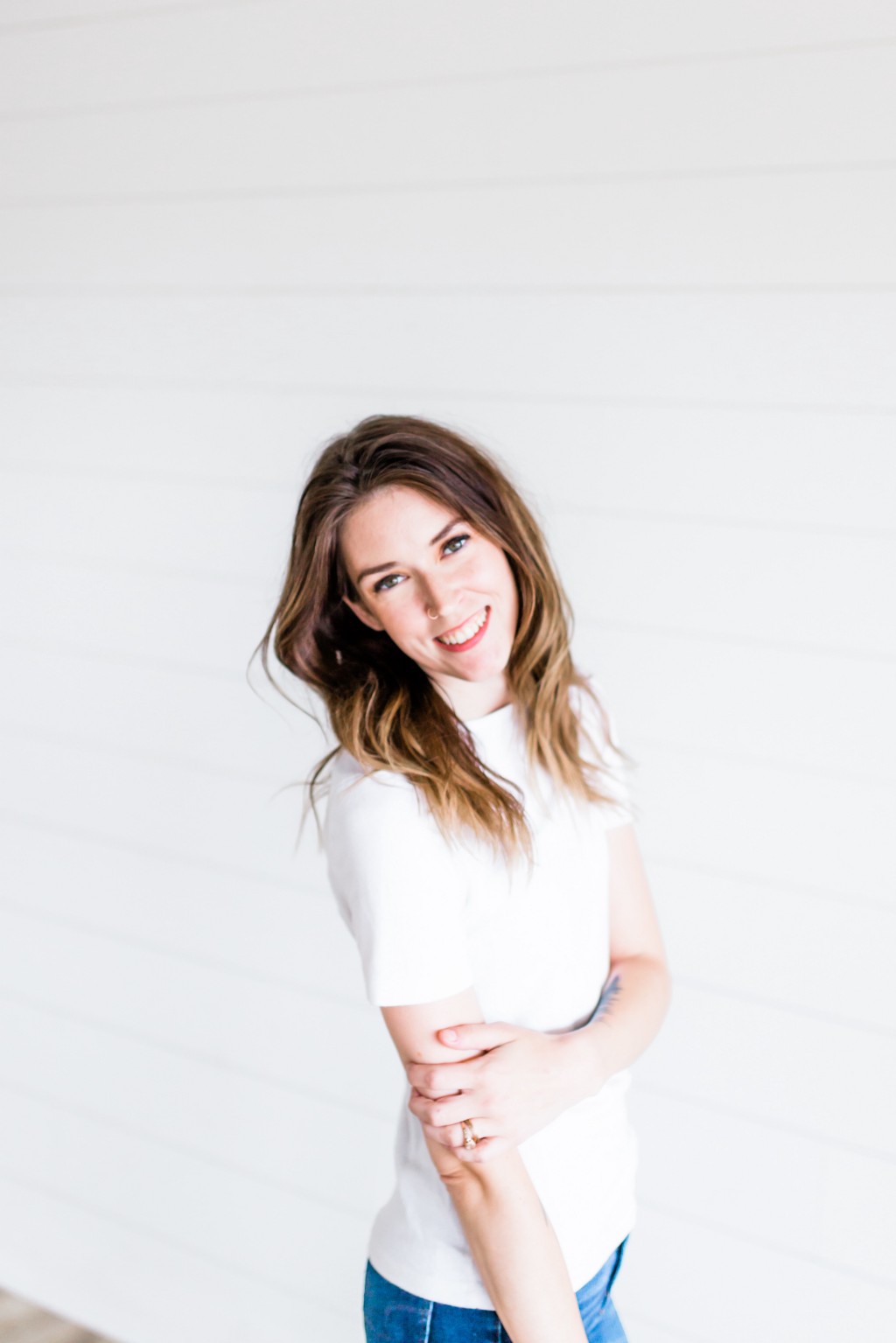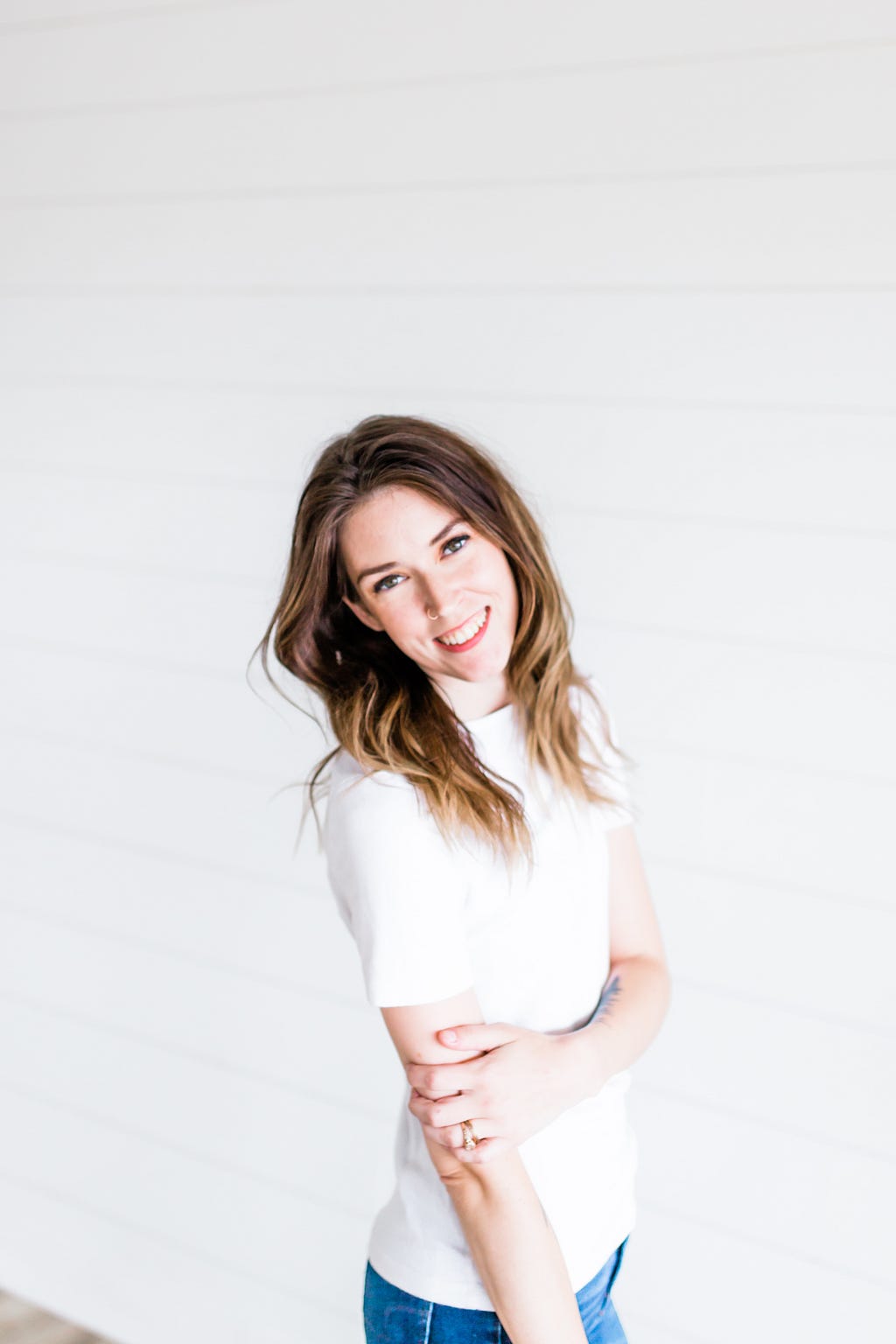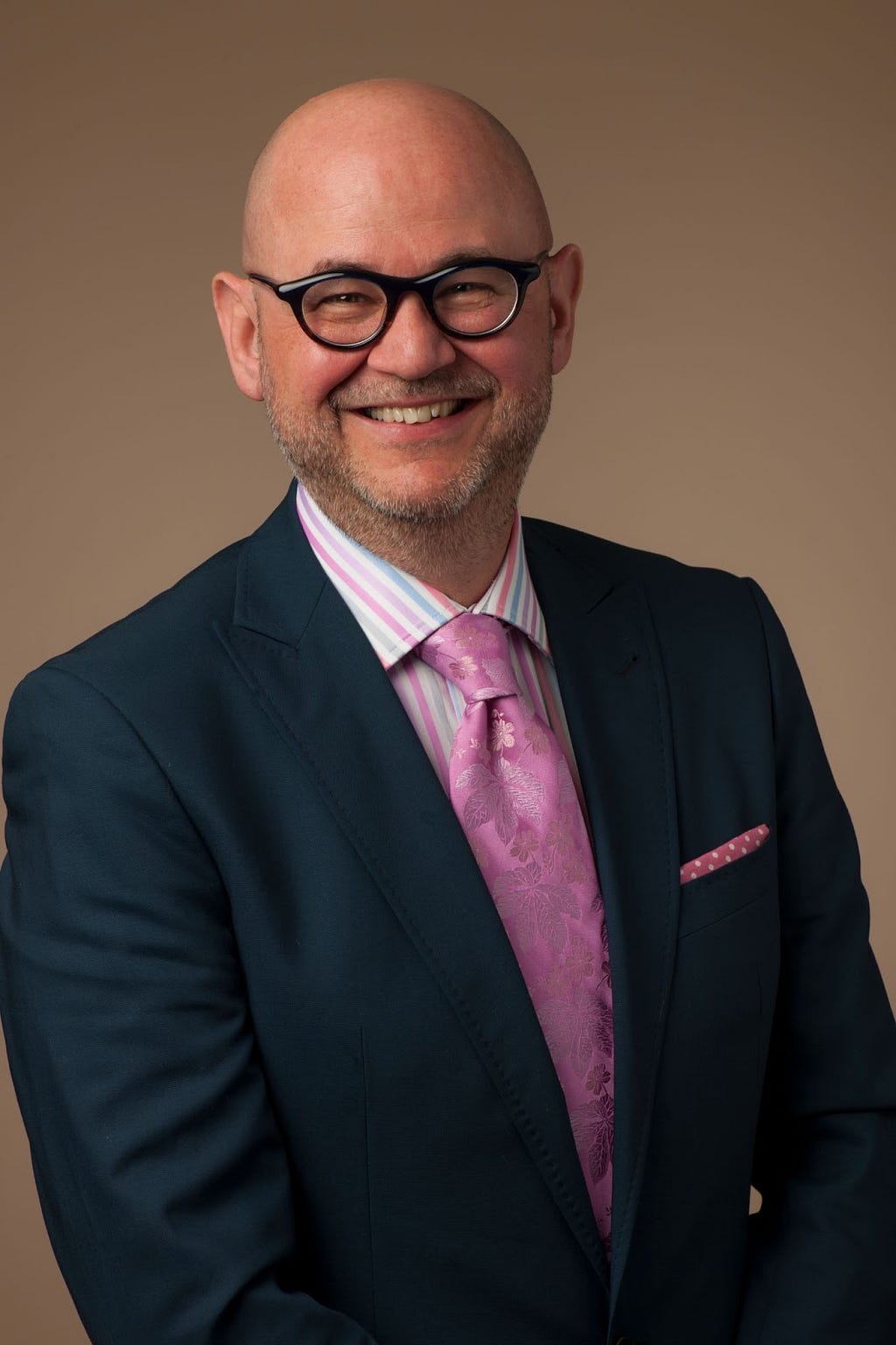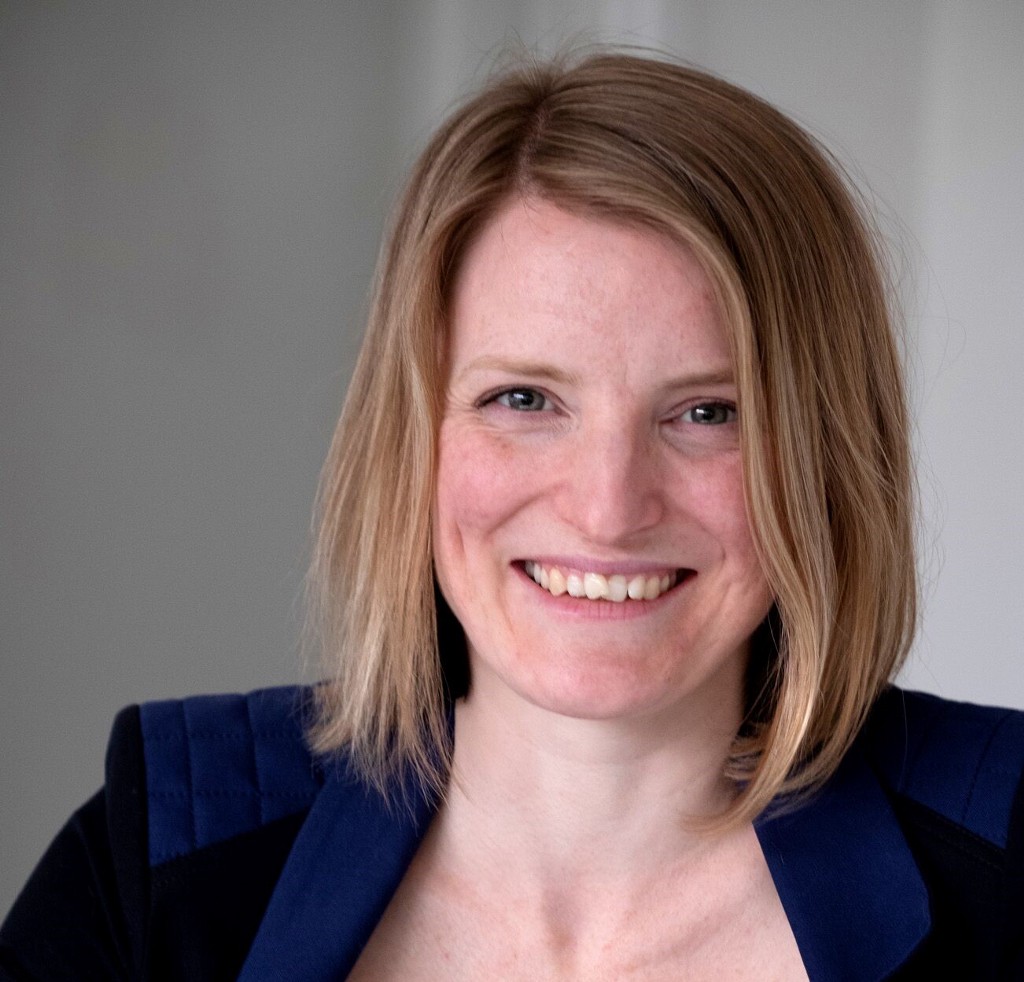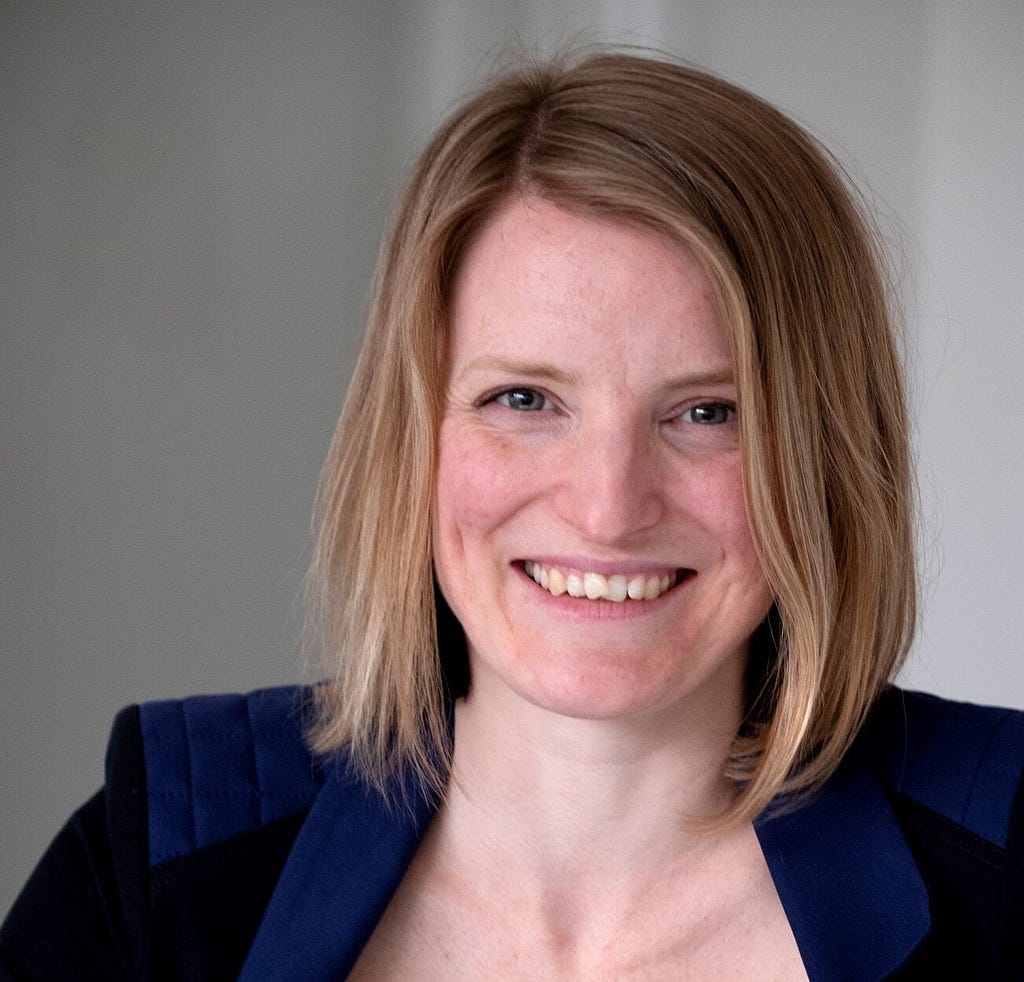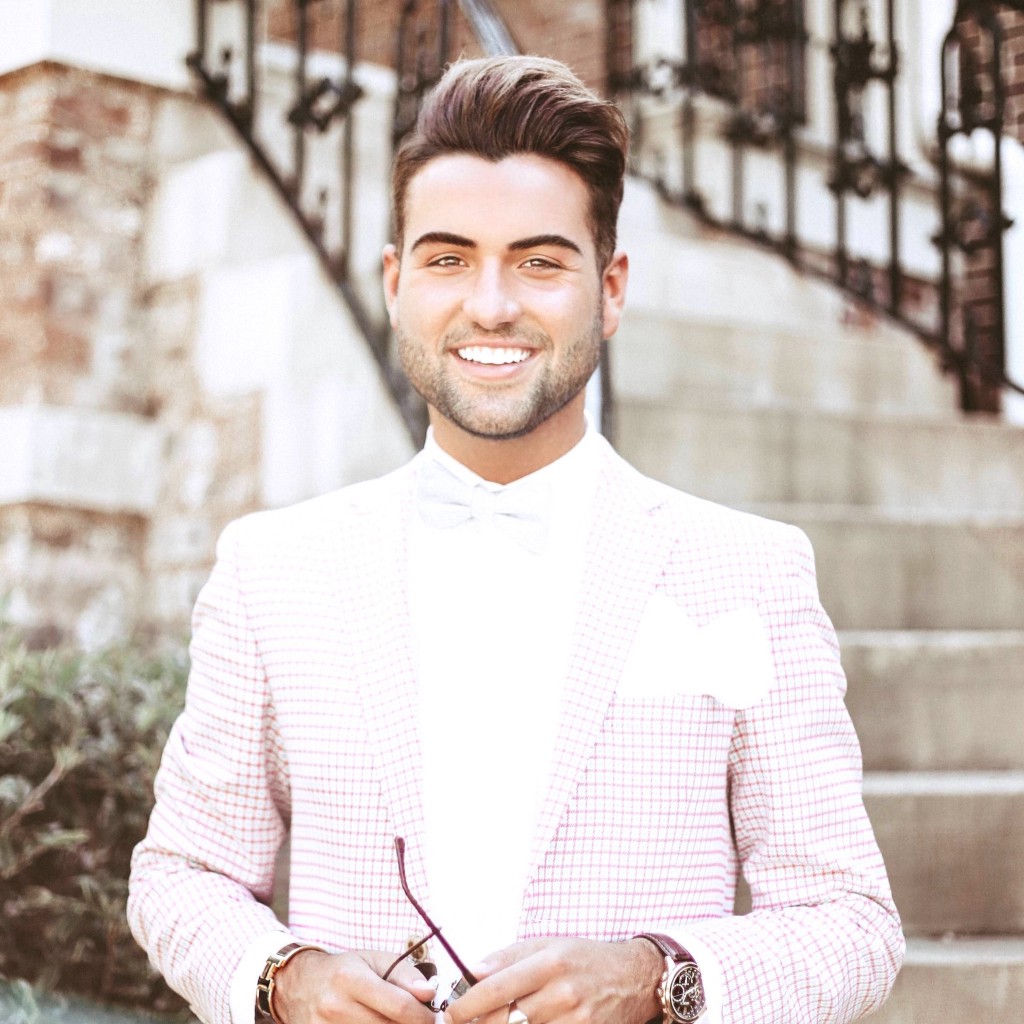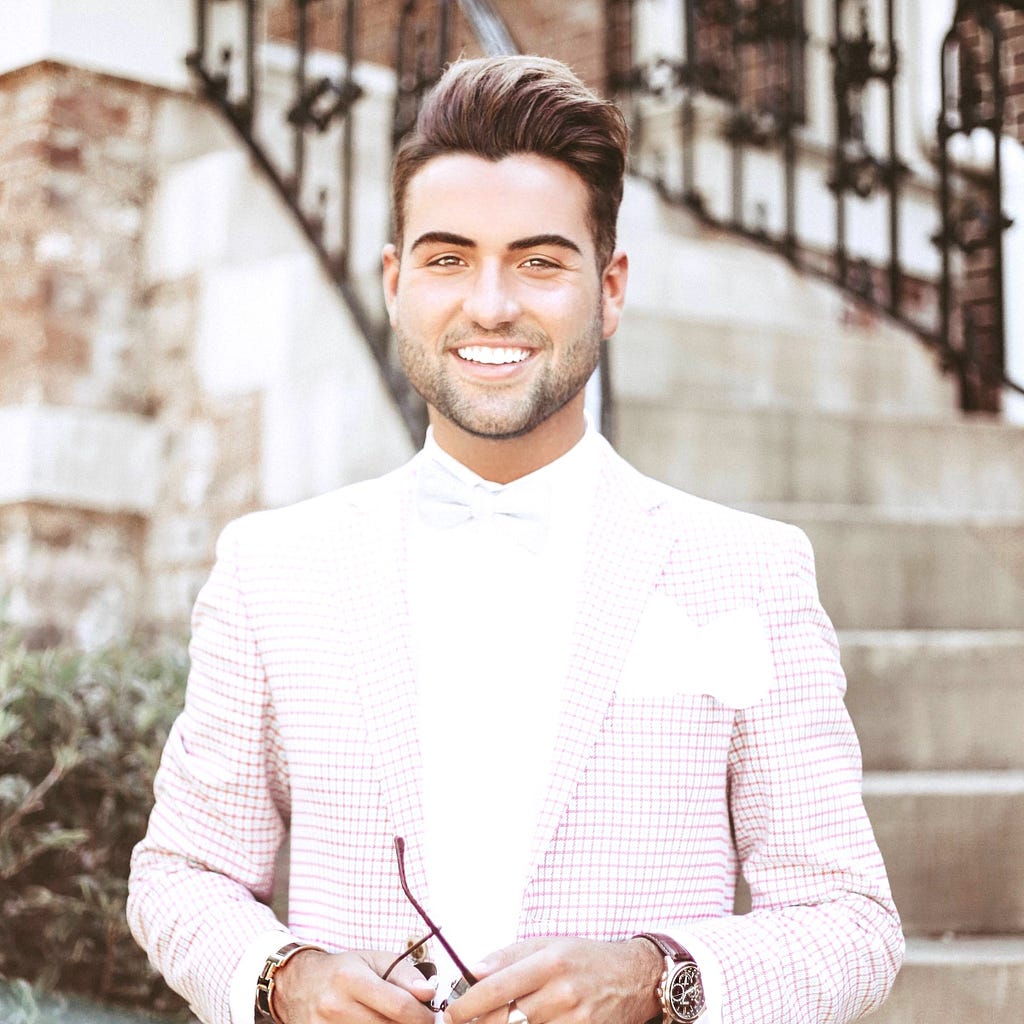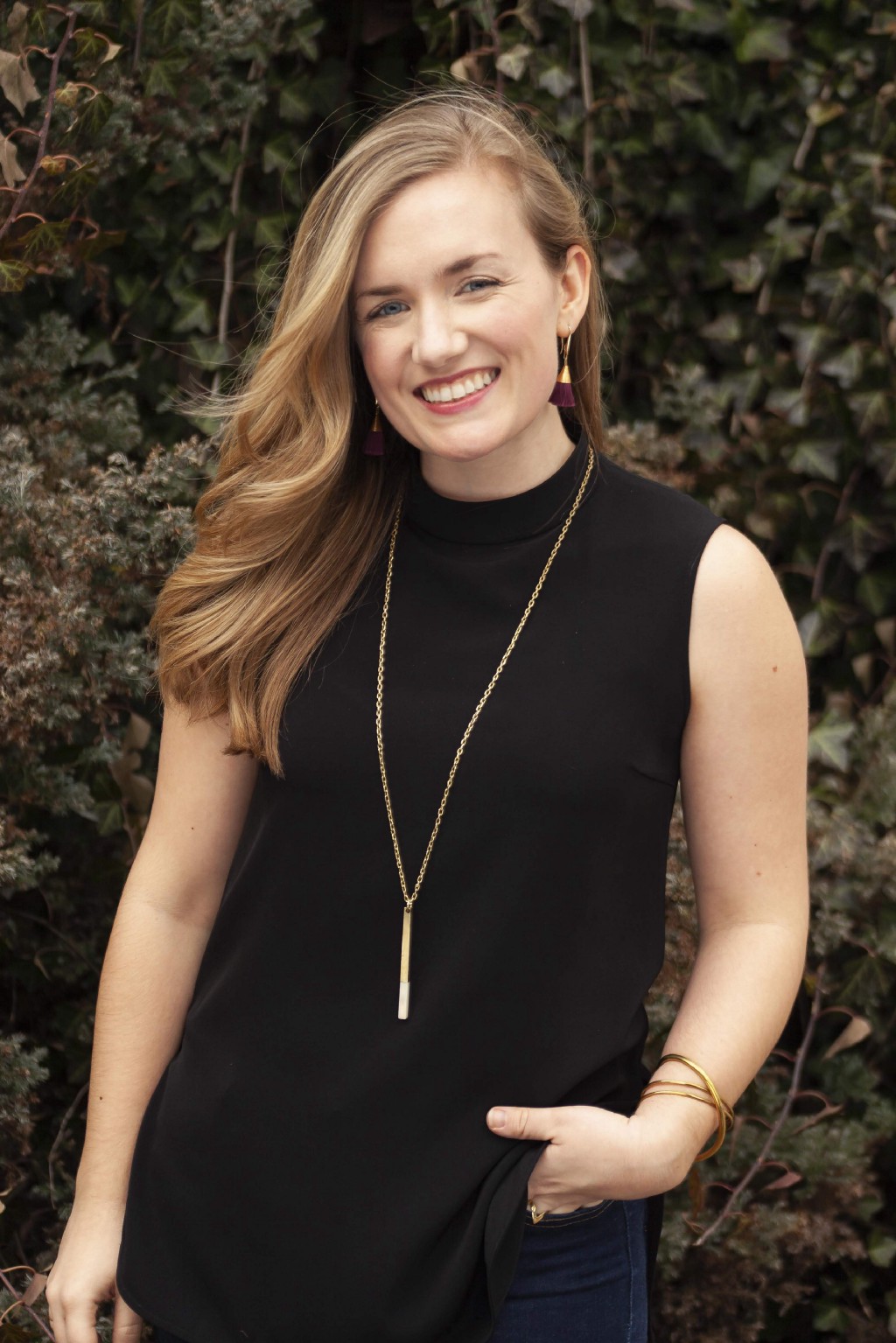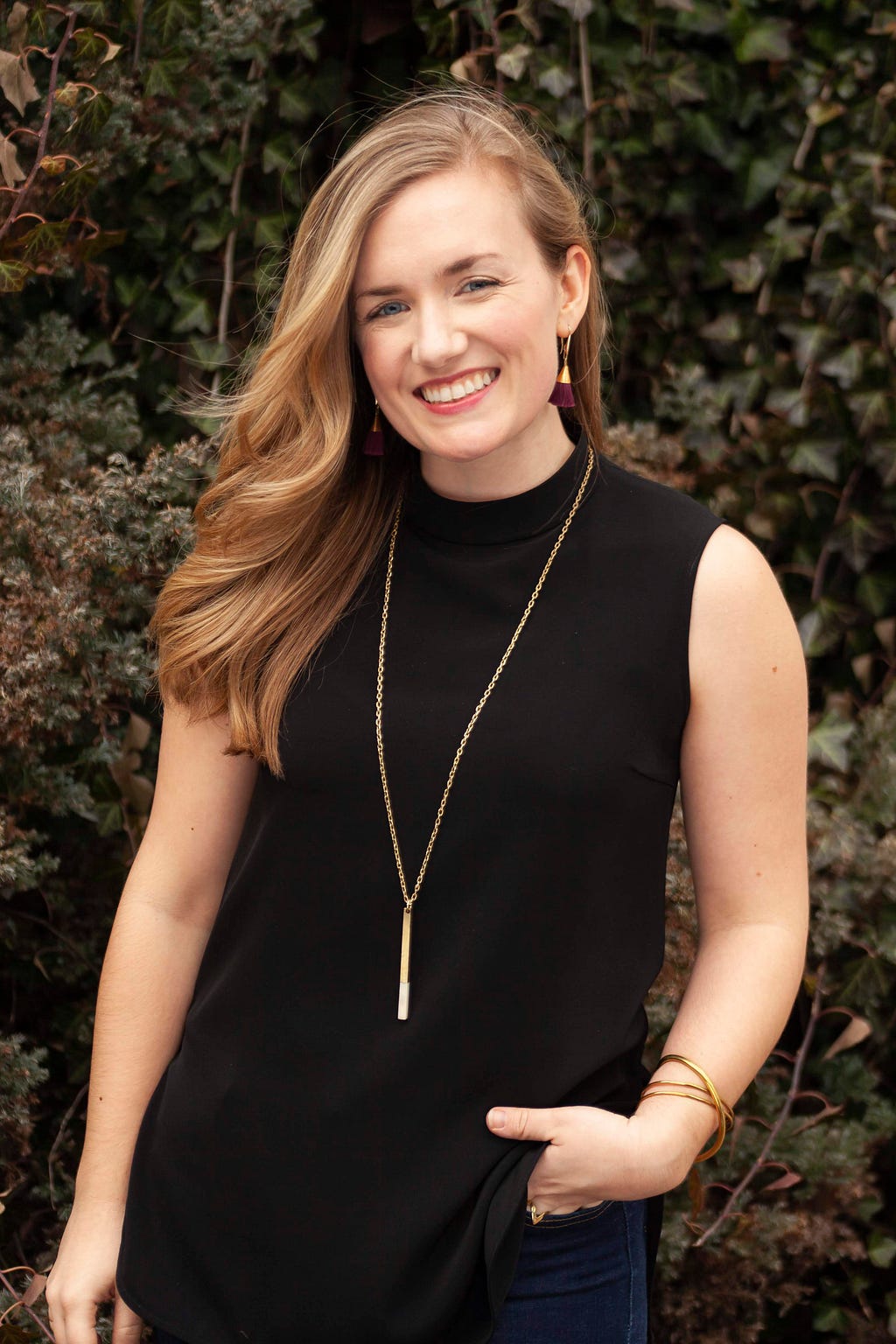Female Disruptors: Jenny Chang of ROCKNEVENTS On The Three Things You Need To Shake Up Your Industry
An Interview With Candice Georgiadis
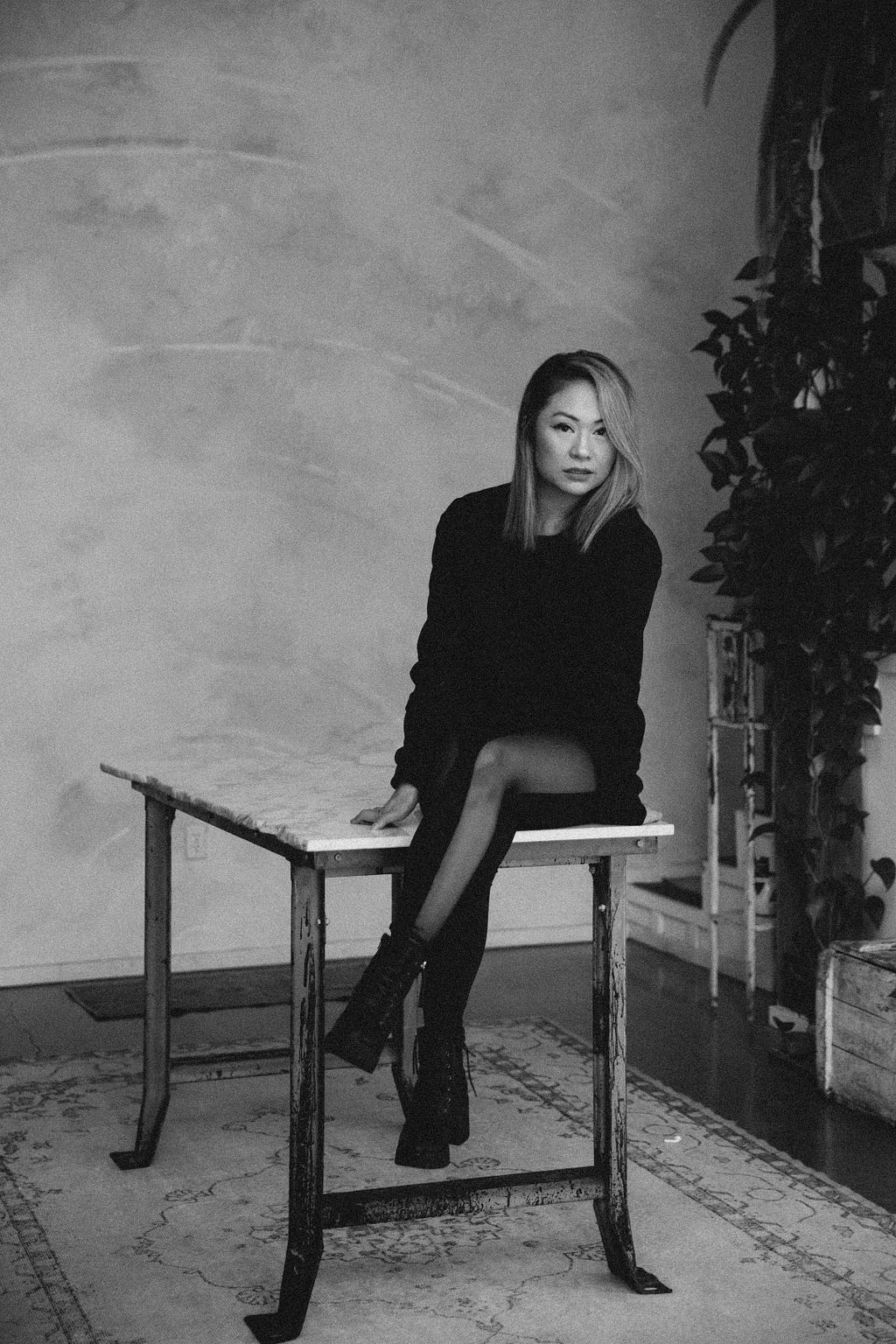
“Make a speech when you’re angry, and you’ll make the best speech you’ll ever regret.” Not sure who quoted that, to be honest, but this quote/advice has helped me become more responsive rather than reactive throughout my personal and professional journey.
As a part of our series about women who are shaking things up in their industry, I had the pleasure of interviewing Jenny Chang.
Jenny Chang is the event planning mogul that the world of celebrations has long been waiting for. Recognized as one of the country’s ‘Top 50 Event Planners’ by PartySlate, and ‘Top 10’ in Los Angeles by Junebug Weddings, Jenny brings her distinctive and ever-evolving business strategies to break the boundaries of the experiential event sphere. As the founder of national events agency ROCKNEVENTS, she serves some of the area’s most exclusive clientele, planning celebrations to remember ever. Jenny is also the founder of ROCKNUNIVERSITY, the only online learning program dedicated exclusively to aspiring event special producers. Through a series of courses also known as “tours”, students have the chance to learn directly from Jenny through her years of expertise and experience. Additionally, Jenny is continuing to revolutionize the event planning industry through the tech world as well with the creation of Vowlá, an intelligent app matching clients with their very own virtual wedding planner.
Jenny’s positive and uplifting attitude and outlook on life have also made her an influencer, beloved by millions on social media as she speaks out on hot-topic issues most important to her. From life’s most significant moments to a night of social fun, Jenny Chang’s vivacious personality, coupled with her daring and creative intuition, acts as a beacon of light even in the darkest of situations. With her unmatched ability to make dreams come true, Jenny Chang is, without a doubt, the event mogul that the world has long been waiting for.
Thank you so much for doing this with us! Before we dig in, our readers would like to get to know you a bit more. Can you tell us a bit about your “backstory”? What led you to this particular career path?
I first became interested in the creative field during my last few months of high school. I had decided I wanted to pursue a degree at the Fashion Institute of Design & Merchandising (FIDM) and specialized in education revolving around Visual Communications.
I started my first event planning company, ROCKNEVENTS, when I was just 19-years-old after graduating from FIDM with an Associate’s Degree. To start gaining “in the field” experience, I offered to plan events completely free of charge to any clients who would agree to work with me. After three years of operating my business with no actual monetary profit, I began to mold my company into what it is today where I now manage a team of executives across three offices in Los Angeles, San Francisco, Las Vegas, Manhattan and now in Miami, Florida.
Being of a true entrepreneurial mindset, I knew that I wanted to share the real-life knowledge that I learned with others so that they too could become leaders in the events industry. I founded ROCKUNIVERSITY, which is the nation’s only 100% online course series dedicated to inspiring special event producers. But, understanding that experiential marketing and virtual reality are the way of the future, I also wanted to create something that could offer my company’s services virtually to those with a smaller budget. Thus, Vowlá was born. This smartphone app matches couples with a virtual wedding planner for an entirely remote planning process.
Can you tell our readers what it is about the work you’re doing that’s disruptive?
I am creating a bridge between my intentions and each of my companies’ individual missions for this world. I am all about evolvement which is why my creations are very much related to a couple and who they are and then manifesting their event to be the most timeless that it can possibly be. It takes times to get to know the clients and learn each couple’s stories and the people that they have developed into because of each other which I why I then take that and turn it into an “experience”.
I feel that I am revolutionizing the event planning industry with concepts that I am not afraid to act on and thus, bringing more creativity to problem-solve. This industry needs someone that brings in technology which is why I always find myself problem-solving after putting on an event and seeing how I can help clients get more value out of their investment.
Can you share a story about the funniest mistake you made when you were first starting? Can you tell us what lesson you learned from that?
When I first started my event planning journey, I made the mistake of thinking I could charge for my services without having real event planning experience other than a two-year degree. Wrong! No matter who you are, we all have something to learn. To be honest, I never thought I wanted to have my own company but the more I was rejected time and time again, the more I had to. Rejection has always done the opposite of deterring me and for that, I am thankful.
We all need a little help along the journey. Who have been some of your mentors? Can you share a story about how they made an impact?
By far, the biggest mentor during my journey has been my brother, Tony Chang. He’s so much more than family though — he is my best friend, my confidant, my supportive hand who has been there every step of the way. His energy has and continues to serve as my ‘light’. When I all had were my dreams floating around in my head, he was there by my side helping me to visualize them and turn them into reality. During tough times, he has lifted my confidence, reassured me of my self-worth and validated my chaotic and very inventive mind.
Likewise, my parents taught me the value of hard work. Growing up in Southern California, where the cost of living is sky-high, they had immigrated here and worked day in and day out to make sure my brother and I were comfortable, received a good education and could pursue our dreams in this country.
In today’s parlance, being disruptive is usually a positive adjective. But is disrupting always good? When do we say the converse, that a system or structure has ‘withstood the test of time’? Can you articulate to our readers when disrupting an industry is positive, and when disrupting an industry is ‘not so positive’? Can you share some examples of what you mean?
Being disruptive is continues to stay a positive action, so as long as the plan has the right ‘intentions’. Before following the companies/influencers that are planning to ‘disrupt’ anything — find out what their intentions are. We need to be more curious into ‘who’ and ‘why’ we are giving the power to those that are planning to revolutionize an industry. Are they actually solving the many problems the industry faces? Is the new way forward a healthy approach for the three-way marketplace? I believe the moment “being disruptive” turns negative is when it is fueled by ‘control’, and not ‘intentions’.
Can you share 3 of the best words of advice you’ve gotten along your journey? Please give a story or example for each.
“Make a speech when you’re angry, and you’ll make the best speech you’ll ever regret.” Not sure who quoted that, to be honest, but this quote/advice has helped me become more responsive rather than reactive throughout my personal and professional journey.
I live through my own advice of living “unapologetically”. There will be more times in this life where people ‘expect’ you to conform to bring them comfort, but then I remind myself that I can’t revolutionize the world being submissive to those that want to stay the same. Stay unapologetic, every day, in every single way.
“To every one naysayer, have 10 reasons to succeed.” I just made that up, but it’s a subconscious advice that I take on a daily basis.
We are sure you aren’t done. How are you going to shake things up next?
I am going to continue to become more expansive with what I’m ‘putting out’ into the world. I want to help people pursue their passion and purpose and what they dream of becoming. Both financial and emotionally, I wanted to invest in other creators and help them achieve that level.
I also want to use my comical side, which has unleashed itself this past year on my TikTok, and show what it really means to be unapologetic and diverse. I want to become heavy in a lot of different shows and documentaries and show the world “real entertainment” where what you see is what you get.
In your opinion, what are the biggest challenges faced by ‘women disruptors’ that aren’t typically faced by their male counterparts?
Overall, I think the biggest challenge that ‘women disruptors’ face is struggling to be taken seriously. As women, we often feel like we have something to prove and feel that we need to be more aggressive, more tough and in the end, harder on ourselves should something not work out the way we wish. Being an entrepreneur for over a decade and rising in the influential world has programmed me to view ‘success’ in a perpetual chase to grow larger teams, close more deals, expand to larger destinations, create multiple establishments, and market life whilst surrendering privacy — but this perspective of achievement is all backwards.
Today, all I want to reach is a life where I love what I do; I do what I love — while birthing the freedom of ‘time’ to enjoy my personal life. I see, now, that success is as simple as this ‘thing’ we call: “freedom”, yet we choose to ignore our pursuit towards it. In everything, I invest my energy, time and creativity in, I’d like to work smarter, create a trail of efficient decisions, hire less people and build more mountains, help my community that finds their way to me, and birth the freedom of ‘time’ to be MORE in service of myself.
I aim to achieve the success of ‘feeling’ my days, as opposed to putting all my attention towards ‘accomplishing’ every milestone planned for that day. I believe if we learn how to stay present and stay ambitious for self-care, no matter what we’re all trying to achieve, we as a collective can go after our greatest milestones by strengthening our intuition.
Do you have a book/podcast/talk that’s had a deep impact on your thinking? Can you share a story with us?
There have been two books that have truly made an impact on my way of thinking and helped set off my greater spiritual journey. First, “The Magic” by Rhonda Byrne has been one of the greatest contributions as to why my “glass half-full” perception and spiritual language is what it is today. Starting an event production firm when I was 19-years-old was the most rewarding risk I’ve taken, and on the contrary — was one of the most reflective decades of my life regarding my relationship to myself. I learned rather quickly that being an artist of experiential dreams doesn’t come without a consistent set of problems to solve and a self-sabotaging conscience. This book has unveiled my relationship to ‘abundance,’ and decoded the spiritual tongue. Today, I’m proud to inspire my tribe to experience their lives through the simple pleasures of inhaling and exhaling gratitude. Personally, this book helped me create a religious habit of starting and ending my day with the magic of gratitude that helps me perpetuate a cycle of abundance in my every day, week, and month to come.
The second book is “The Power” by Naomi Alderman. I’m obsessed with ‘love’, so much so that I built an entire career in celebrating it. “The Power” has inspired me to activate the energy that I not only have within myself but to continue investing this infinite energy of ‘me’ towards those in which I respect most. It reminds us that no matter the difference in views, lifestyles, or beliefs that we humans have this one perfect commonality: love. It’s being reminded of this reality that helps me ground myself to working with the many different types of people and cultures that I’m fortunate to represent in my career.
You are a person of great influence. If you could inspire a movement that would bring the most amount of good to the most amount of people, what would that be? You never know what your idea can trigger. 🙂
In this world, we’re flooded with financial investors, and not enough of intuitive investors. It’s no surprise that financial investment isn’t an interest of mine, so instead, I’d start a movement where we create a group of creative leaders to invest their light, energy and motivation to those that are in need of the strength, advice and branding so we can, perpetually, create a world of creators.
Can you please give us your favorite “Life Lesson Quote”? Can you share how that was relevant to you in your life?
My absolute favorite quote is “Be unapologetically you”. When times became very dark recently, I truly believe that’s more important now than ever. Every day, I am constantly reminding myself, to “be all of you as much of you as you possibly can”. Never apologize for being so in your comfort zone for what you love and believe.
When I was first starting out, I was fascinated with my perception of the glory of being an event director and thought it translated into having a fancy office, one that involved expensive coffee machines, beanbag chairs and wallpapers to achieve that illusion. Is a creative, healthy and safe office space necessary for success? Absolutely. However, the “shiny-object-syndrome” of a Pinterest-inspired office is unnecessary to our ongoing success and not me as a person. The big lesson was to be true to myself, someone who has never been focused on material surroundings.
How can our readers follow you online?
My work and contact information is found on my website, jennychang.com — and it’s here that you can find a list of my establishments. You can also find me on my social outlets: TikTok: @iamjennychang / Instagram: @jennychanggang!
This was very inspiring. Thank you so much for joining us!
Female Disruptors: Jenny Chang of ROCKNEVENTS On The Three Things You Need To Shake Up Your… was originally published in Authority Magazine on Medium, where people are continuing the conversation by highlighting and responding to this story.


